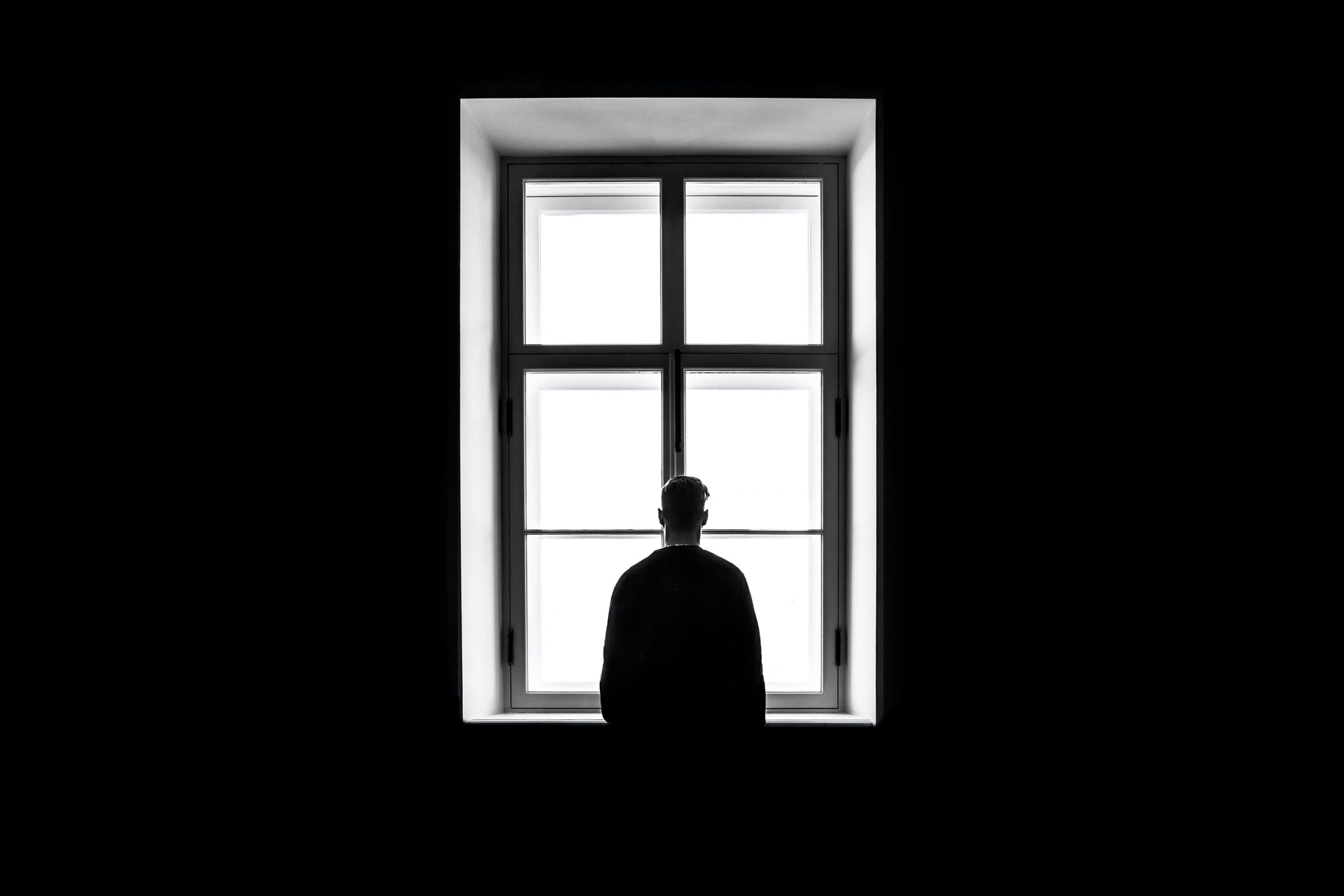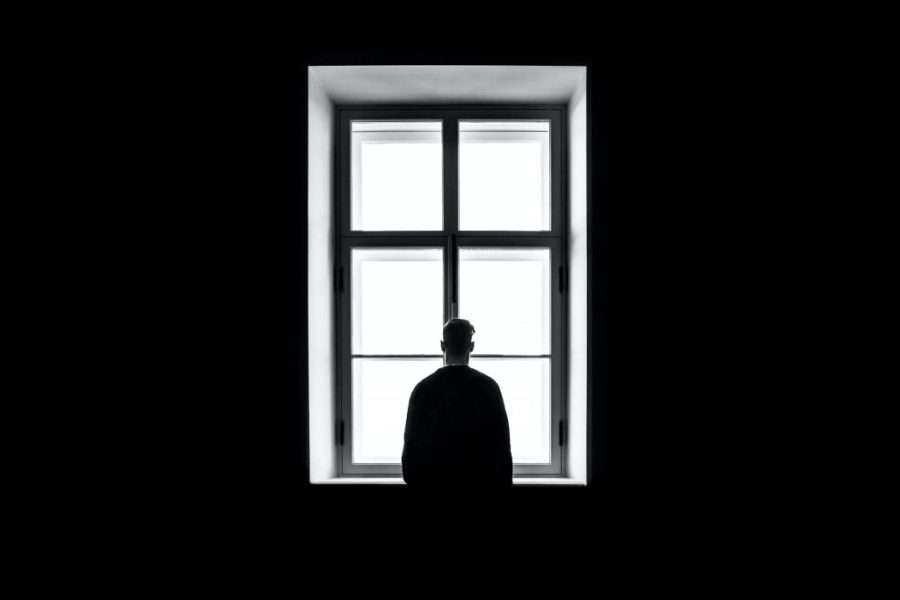More than half of secondary school pupils’ state of mental health is “concerning”, according to a new survey.
The Sheng Kung Hui Macau Social Service Centre has been collecting responses from 630 pupils since November last year.
Entitled “Macau Secondary School Pupils’ Depression Anxiety Stress Scales and Resilience Scale”, the survey used “Depression Anxiety Stress Scales-21” (DASS-21) and “Connor-Davidson Resilience Scale” (CD-RISC-10) to assess respondents’ mental health, The Macau Post Daily reported.
The survey found that secondary pupils’ anxiety levels are the highest, noting that over half of the respondents’ mental health is “concerning”. The findings also showed that high school pupils’ average depression, anxiety and stress scores are higher than junior secondary school pupils. The survey found that many of the respondents are “seriously” or “very seriously” anxious.
According to the DASS21 findings, 143 junior secondary school pupils’ mental condition is “concerning”, while 160 of the high schoolers have “concerning” mental conditions.
Other findings showed that: 56 per cent of secondary school pupils have five to seven hours of sleep; 64 per cent of the respondents go to sleep or play video games when they are stressed; 75 per cent of the respondents talk to their friends when they are stressed, while classmates and parents are usually their second choice.
The survey findings indicate that the resilience level of the respondents scored between 22.2 to 22.9. According to the American standard, anyone who scores below 32 is “concerning”.
Staff at the centre are urging civil society to provide more resilience training and events for youths, adding that there should be more education on mental health issues. Additionally, youths should get at least eight to 10 hours of sleep per day in order to have a healthier lifestyle.






